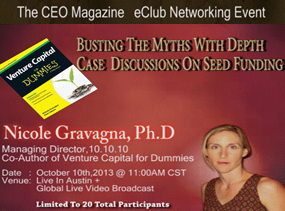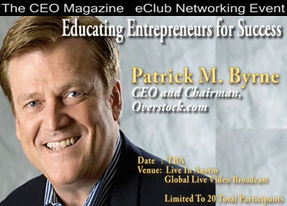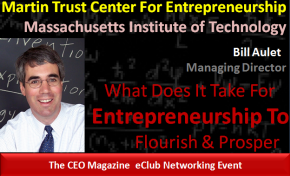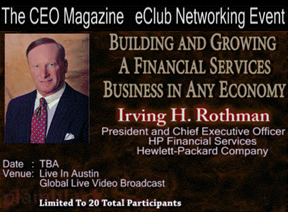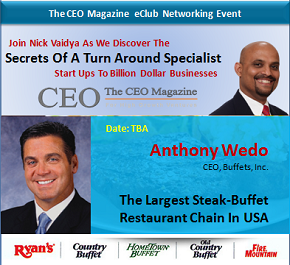You are here
- Guest Blogger |
- Leadership |
- Tue, 05/06/2014 - 00:51

“You can pretend to care, you cannot pretend to be there,” wrote Texas Bix Bender in his book Don’t Squat With Yer Spurs On!
Bender was describing a vital feature of leadership—command presence. People who spend more than twenty minutes in the military know the power of command presence. Officer school candidates are drilled on the power and practice of the manner of a leader—focused, attentive, and most important, in attendance. Command presence is not about arms-length control, it is about a live connection.
Davy Crockett had command presence. “David Crockett seemed to be the leading spirit. He was everywhere,” wrote Enrique Esparza, eyewitness to The Alamo in a newspaper article following the legendary siege. Great leaders are all about spirit…that is, being, not just doing. They focus on being there, everywhere, not in absentia. And, when they are there, they are all there…present and accounted for.
Leadership textbooks laud superstar leaders for their zeal to get outside the rarified air of mahogany row. Great leaders hunt for genuine encounters. They upset the pristine and proper by inviting vocal customers to boardroom meetings. They spend time in the field and on the floor where the action is lively, not in carefully contrived meetings where the action is limp. They thrive on keeping things genuine and vibrant.
When Erie “Chip” Chapman, III, was CEO of U.S. Health Corporation he routinely spent one day a month on the front lines, often wearing a volunteer's anonymous coat to reduce the odds that people will slant what they're saying because they knew who's listening. Interestingly, he says the customer he's listening to isn't just the patient. He listens to his people, too. His reasoning is simple: His personal customer isn't the patient, it's his people, because those people treat the patients, he doesn't.
At the annual store managers meeting, Macy’s East Regional Director of Stores Randy Scalise gave out fifteen awards for outstanding performers from various stores throughout the Northeast region. On the outside the awards ceremony looked very clichéd—applause, handshakes, a special award presentation, and photos for the newsletter. What was unique about this one was how many stories Randy told about his personal experience with many of the award winners. It was obvious he was an important customer for many of them—he had been there, up close and personal.
So, if a biographer was writing a book about your leadership and you agreed to allow the writer to follow you around for a week, what would the writer learn about where you spent your time? What would the writer conclude was your top priorities--based on your actions, not your words? Role modeling--a tenant of great leadership--assumes those who are to emulate you can actually witness you in role, not discern it from an e-mail or “to all employees” message.
Davy Crockett held no official position at the Battle of the Alamo. His command was expressed solely through his presence—one that cultivated confidence and promoted passion. Coronal Jim Bowie wrote in a letter to Governor Henry Smith, “David Crockett has been animating the men to do their duty.” Command presence is the embodiment of animation. And, animation is what separates maintenance managers from truly great leaders.
Why not hold your next big deal staff meeting on the move--while making rounds visiting front line employees. Or, hold it in the company van in between stops to visit the people who are doing the work in the field. Make your “command” one laced with animated “presence.”
 Chip R. Bell is a renowned keynote speaker, consultant and author of several best-selling books. His newest book is The 9½ Principles of Innovative Service. He can be reach at www.chipbell.com.
Chip R. Bell is a renowned keynote speaker, consultant and author of several best-selling books. His newest book is The 9½ Principles of Innovative Service. He can be reach at www.chipbell.com.
Follow The Blog
Blog Categories
- Business Ops. (45)
- Editors (3)
- Entrepreneurship (196)
- Finance (25)
- Leadership (529)
Blog Authors
- Guest Blogger (835)
- Cynthia Kay (92)
- Linda Henman (78)
- Dianna Booher (46)
- Craig Ross (31)




